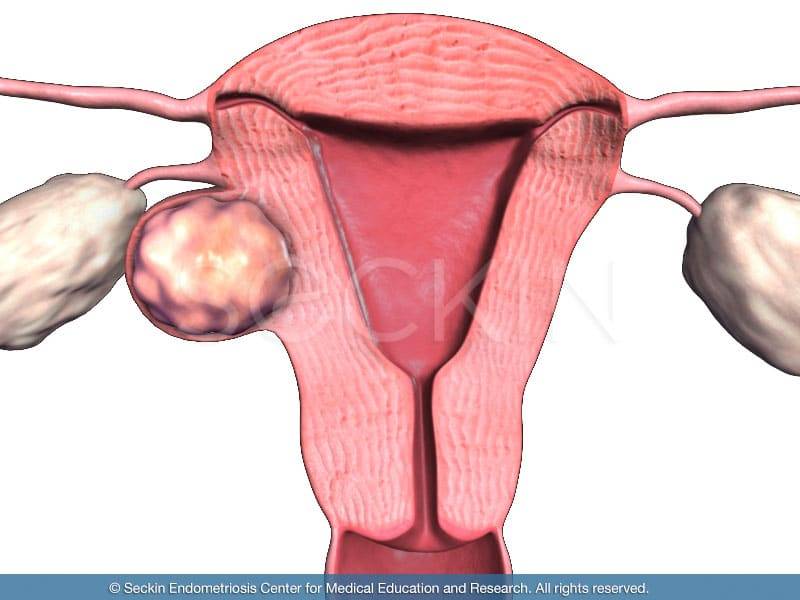Fibroids are noncancerous growths that develop in the uterus, and they affect a significant number of women during their reproductive years. While the exact causes of fibroids are not known, several risk factors have been identified, including genetics, hormonal imbalances, and obesity. While some women may not experience any symptoms, others may have heavy and painful periods, pelvic pain, and difficulty getting pregnant. Here are some steps that may help prevent fibroids:
Maintain a healthy weight: Being overweight or obese increases the risk of developing fibroids. Excess body fat can lead to an increase in estrogen levels, which is believed to contribute to the growth of fibroids. By maintaining a healthy weight through regular exercise and a balanced diet, you can reduce your risk of developing fibroids.
Eat a healthy diet: A diet that is rich in fruits, vegetables, and whole grains and low in red meat and processed foods has been associated with a lower risk of fibroids. Eating a healthy diet may also help regulate hormonal imbalances, which are believed to contribute to the growth of fibroids.
Exercise regularly: Regular exercise can help reduce your risk of developing fibroids. Exercise helps regulate hormonal imbalances and reduces the amount of fat in the body, which can lead to a decrease in estrogen levels.
Manage stress: Stress can lead to hormonal imbalances, which are believed to contribute to the growth of fibroids. Managing stress through techniques such as meditation, deep breathing, and yoga can help regulate hormonal imbalances and reduce your risk of developing fibroids.
Avoid exposure to environmental toxins: Exposure to environmental toxins such as pesticides, herbicides, and other chemicals may increase the risk of developing fibroids. Avoiding exposure to these toxins by using natural cleaning products, eating organic foods, and avoiding products with harmful chemicals can help reduce your risk of developing fibroids.
Consider hormonal birth control: Hormonal birth control methods such as the birth control pill, the patch, and the hormonal IUD can help regulate estrogen levels, which are believed to contribute to the growth of fibroids. Hormonal birth control may also help reduce heavy bleeding associated with fibroids.
Get regular check-ups: Regular gynecological check-ups can help detect fibroids early before they become problematic. Regular check-ups can also help monitor the growth of existing fibroids and determine the best course of treatment.
Know your family history: Knowing your family history can help you determine your risk of developing fibroids. If your mother or sister has had fibroids, you may be at a higher risk of developing them.
In conclusion, while there is no surefire way to prevent fibroids, there are steps you can take to reduce your risk. Maintaining a healthy weight, eating a healthy diet, exercising regularly, managing stress, avoiding exposure to environmental toxins, considering hormonal birth control, getting regular check-ups, and knowing your family history can all help reduce your risk of developing fibroids.



No comments yet
Be the first to share your thoughts!